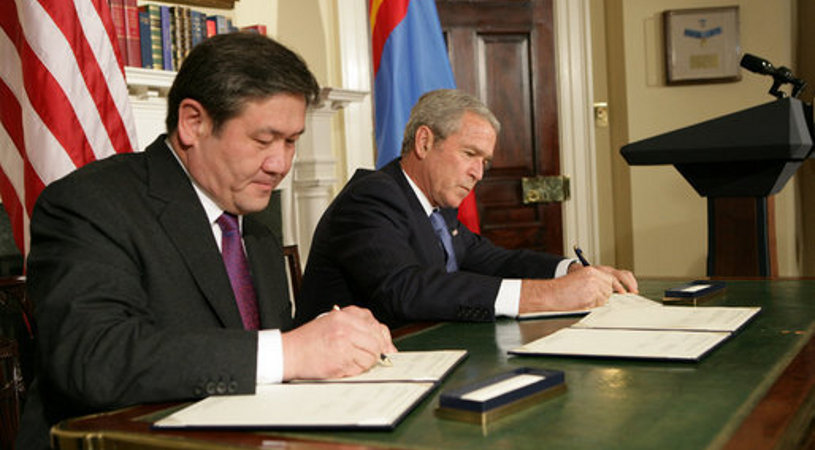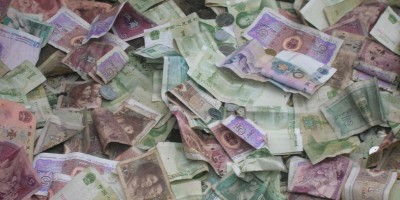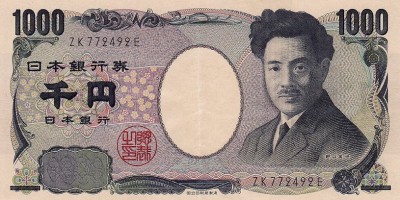This is just a personal observation, but former president N. Enkhbayar’s recent conviction on corruption charges seems to have resulted in a rather underwhelming response from his so-called supporters. It is just under a week after the conviction and already it is getting hard to find stories about it.
The most telling response has come from his own political party. The party leadership doesn’t seem to have an intention of using its power within the newly formed coalition government with the Democratic Party to address complaints about the judicial process. If anything, it looks like they would like to move on as quickly as possible to other issues. If so, President Enkhbayar must be thinking “with friends like these who needs enemies” about now.
President Enkhbayar’s rapid descent to earth has been a rather puzzling thing to watch. His predicament at first blush (ignoring his political career) seems to follow the classic narrative of a beleaguered opposition politician who is caught up in a ham fisted attempt by an oppressive government to silence all dissent, and the international press seemed all too willing to go along with this narrative in their reporting. Julian Dierkes wrote an good editorial with allusions to this in the Wall Street Journal Asia edition. The domestic press coverage was more of a mixed bag, but I would not be surprised to learn, if a survey were conducted, that most Mongolians see President Enkhbayar as someone who “found religion” when it was politically expedient rather than a political crusader being unjustly silenced. Until President Enkhbayar lost the 2009 presidential election, most political caricatures of him echoed a general belief that he himself headed a government all too willing to protect its power with power.
I was always a bit skeptical of people who would throw around words like “dictator” to describe President Enkhbayar’s time as Prime Minister and later President, because power is phenomenally diffuse in Mongolia. It is one of the many reasons that I consider Mongolia’s democracy healthy overall. It is really hard to get anything done–good or bad–because it requires the coordination of so many opposing viewpoints. This is a hallmark of democracy in action. But, this arguably also makes it very hard to sustain coordinated efforts to bring down big men who have accumulated disproportionate amounts of power. This is what makes his decent so puzzling. If he was as powerful as many believed, this shouldn’t have happened. And, yet, it did. I am still debating in my mind what this means about Mongolia’s democracy when the mighty can fall so easily.



